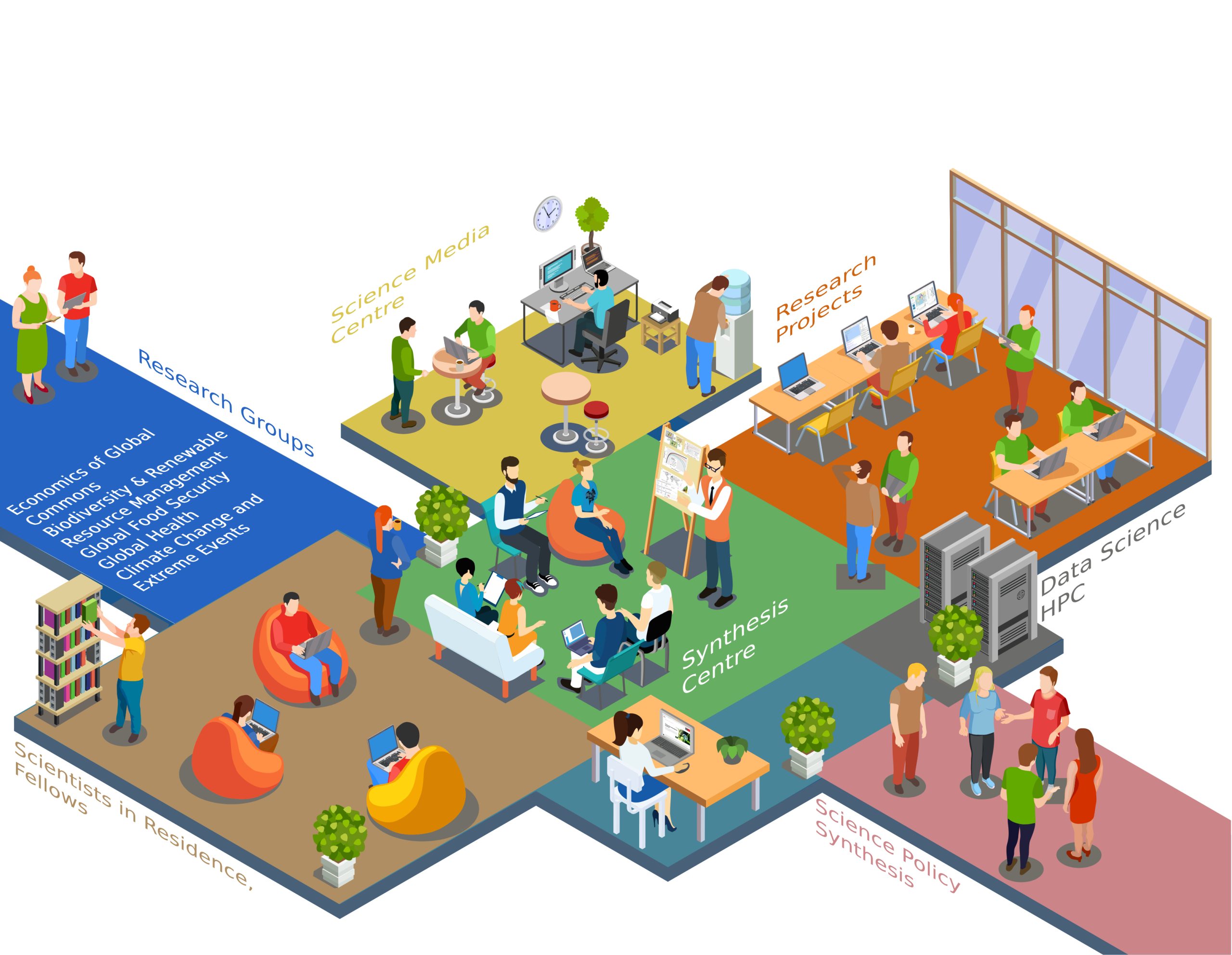Shaping the future
Per Fugelli’s analysis from 1993 is unfortunately still correct. In fact, it has gotten worse. Symptoms of our planet being seriously ill are all obvious. “Sustainable development” has been identified as a treatment since 1992 based on the “Limits to Growth” diagnosis dating back to 1972. Treatments for curation, however, either were applied in homeopathic doses, might still not be fully developed, or there is simply not a one-and-only generic treatment applicable to any society.
What would Planetary Health entail? The curve of biodiversity loss would be bent soon. Temperature rise would be stopped between 1,5° and 2°. But most importantly, we would live in a world with a just and fair distribution of resources that lets everybody live in a healthy environment. All this would be based on an economy that is organised in a way that does not overuse the Earth’s resources. During curation, we will have to cope with various limitations on the execution of freedom rights and re-distribution of wealth – a wicked problem, and even after the treatment, we have to exercise to stay healthy, while a complete cure might be impossible.
Our mission
Sustainable development still is the treatment for curation: a fair distribution of resources to everybody, sustaining life on earth and human well-being for current and future generations. However, one cannot cure a disease with the same mechanisms that generated the situation. Our beliefs that technology will save us and that humans will adapt to any possible changes are questionable. Effective measures for sustainable development should be grounded on new narratives based on new theories to understand what works in what kind of society.
Our mission is to develop sustainable, socially just, and environmentally friendly solutions by bridging disciplines and fostering collaboration between researchers, policymakers, and society.
Our vision
Consequently, the LCSES strives to grow into an internationally recognised research hub for a sustainable and equitable world.
Our researchers will address critical environmental challenges and guide sustainable resource management and public policy. As an interdisciplinary centre, LCSES will bring together experts from various fields, including biodiversity research, global food security, one health, and the governance of common goods.
Our goal is to help societies to transition to environmentally friendly and just conditions. At the core is the recognition that global environmental disruptions such as climate change, biodiversity loss, and resource depletion are closely linked with societal systems. To address these complex issues, we take a systemic approach and study the interconnectedness of human activities and the environment.
How we work: where ideas grow together
LCSES builds on collaboration across disciplines, cultures, and perspectives. Complex global challenges—such as biodiversity loss, climate change, and the management of common resources—cannot be solved within traditional scientific silos. Researchers from environmental sciences, economics, philosophy, social sciences, and data science work side by side to co-create new theories, narratives, and models that describe how societies and ecosystems interact.

Our work is built around synthesis—bringing together existing knowledge, data, and experience from across fields and transforming them into actionable insights. We believe that true innovation happens when ideas are shared openly. While many scientists hesitate to share their best ideas for fear of losing ownership, experience shows that when three people bring their best thoughts to the table, the fourth and fifth idea might be even more exciting than the originals. But, collaboration takes time and coordination, and occasionally pulls in different directions, yet the long-term benefits far outweigh these risks.
With sustained funding, careful selection of researchers and partners, and excellent training in interdisciplinary practice, open collaboration will become LCSES nature. Interdisciplinary teams work in synthesis workshops supported by advanced data infrastructures and high-performance computing, enabling rapid exchange and creative exploration.
Transparency, inclusiveness, and mutual respect guide both our research and our community. Success is not measured solely by publications or funding, but by the ability to engage with society, communicate across boundaries, and co-design solutions with decision-makers and citizens.
Through our Science-Policy team, we maintain continuous dialogue with policymakers, NGOs, and the public, ensuring that our work remains relevant and transformative. Scientists in residence, fellows, and PhD students contribute to a vibrant, trust-based intellectual community where openness sparks creativity and collective progress.
At its core, LCSES operates as a think-and-do-tank—an open, collaborative space where shared ideas become greater ideas, and research turns into real-world impact for a sustainable and equitable future.
